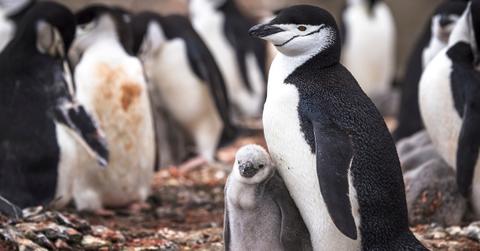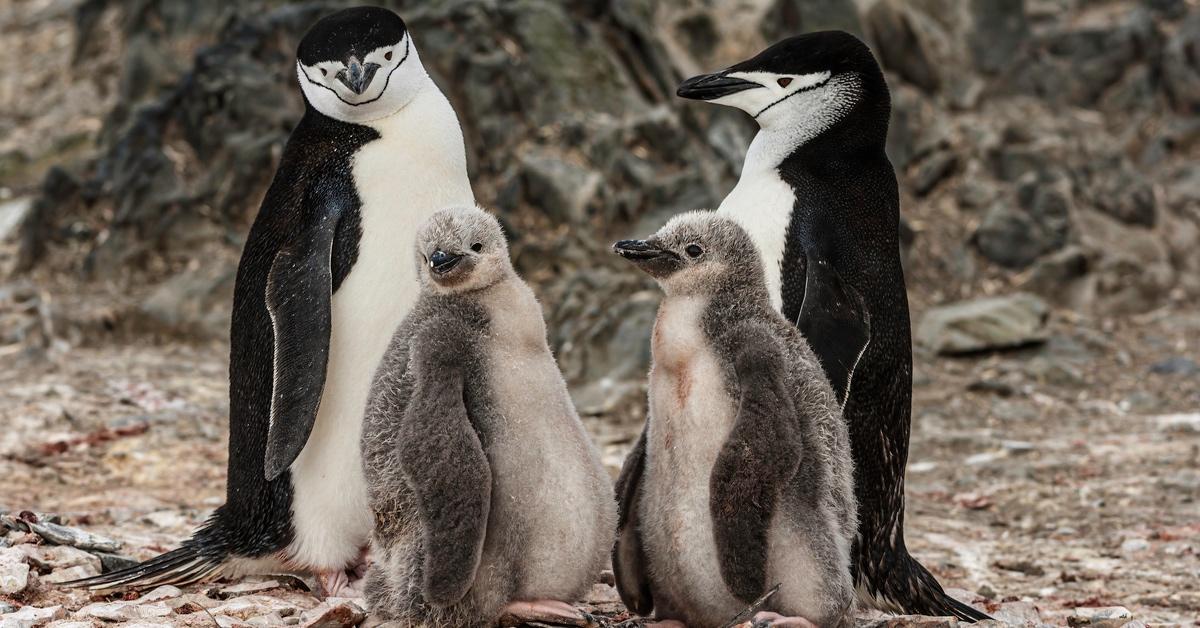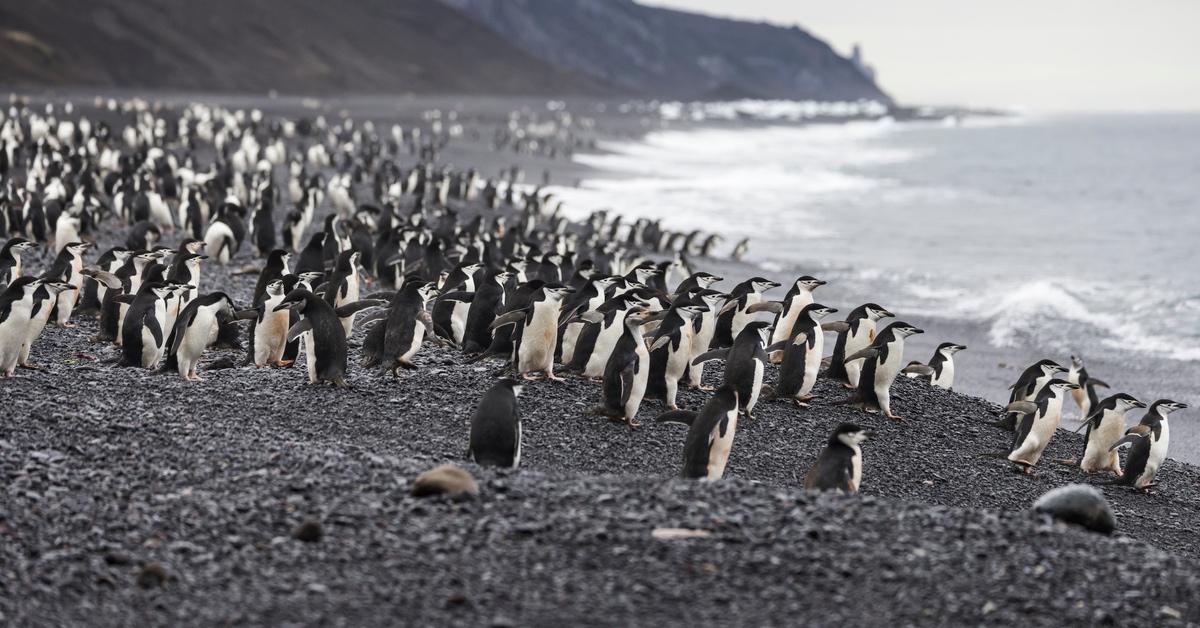Penguin Parents Do This Sweet Thing to Keep an Eye on Their Babies
Published Dec. 4 2023, 2:47 p.m. ET

Living in the wild can be rough. Many animals have adapted their parenting abilities to suit their environments, especially creatures like penguins that can live in temperatures at an estimated seventy degrees below Fahrenheit. Some animals abandon their young or raise them alone. In contrast, others have a fierce protective instinct that would rival many humans.
A study in November 2023 revealed that chinstrap penguin parents have the most adorable routines to keep their chicks happy and healthy. Here's what you need to know about penguins and their parenting skills, explained.

Are penguins good parents? A 2023 study reveals some species have a unique parenting routine.
Penguins are considered pretty good animal parents. Emperor penguin males, for example, are known for sitting on the eggs for weeks in brutal winds while the females are off hunting, per Smithsonian. Many penguin species switch off parenting duties, holding eggs on their feet or beneath them for incubation.
On Nov. 30, 2023, biologists published a study in the journal Science observing that chinstrap penguins take "seconds-long micro sleeps" while watching over their young to guard them. These fuzzy, diligent parents sleep thousands of times a day but only for about four seconds to keep an eye on their newborns in the noisy colony.
Niels Rattenborg, a sleep researcher at the Max Planck Institute for Biological Intelligence in Germany, told the Associated Press, "These penguins look like drowsy drivers, blinking their eyes open and shut, and they do it 24/7 for several weeks at a time."
He added, "What's surprising is that they're able to function OK and successfully raise their young."

Researchers attached sensors to penguins' brain and neck muscles for the study and participated in continuous video monitoring. The idea for the study came about when biologist Won Young Lee noticed that breeding penguins were blinking or nodding off during his field observations.
"For these penguins, microsleeps have some restorative functions — if not, they could not endure," Lee told the AP.
Scientists found that despite the frequent sleep bursts, chinstrap penguins accumulated 11 hours of sleep daily!
Penguins need to be vigilant to keep their babies safe from predators.
If you're familiar with penguins, you know that typically, both partners take an equal share of the work raising chicks.
Chinstrap penguins, in particular, according to Oceanwide Expeditions, keep their young individually for about a month, then group all the colony's young together in a crèche, which all the penguin parents guard. This way, it's harder for predators to pick out an individual baby.
That said, adult penguins face fewer threats than their fuzzy progeny, who are frequently the targets of predators such as skuas (a brown sea bird) or giant petrels.
Hopefully, the continued discoveries around penguin parenting behavior will give further insights into the avian world soon.